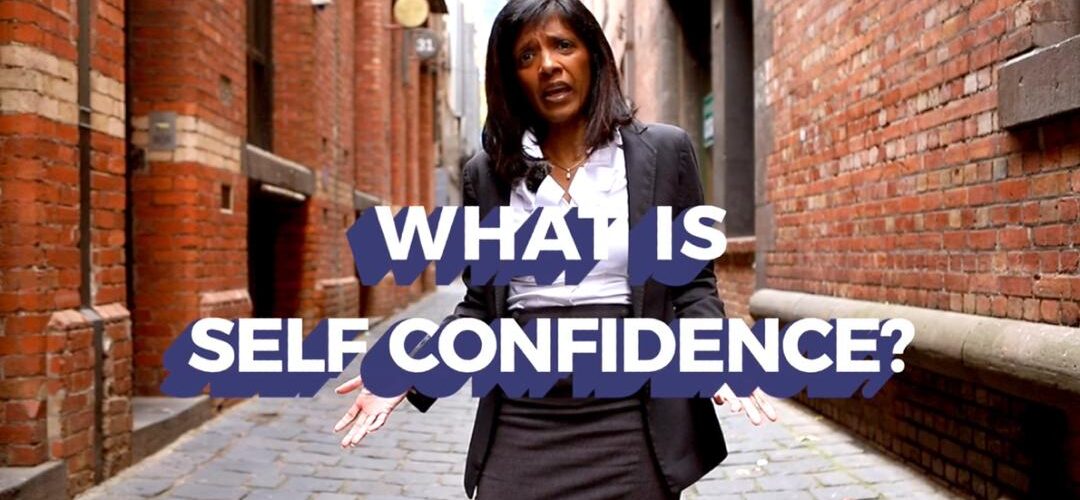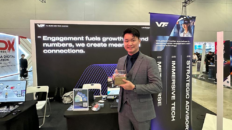A Bonded Beginning
That flight was more than a journey across continents—it marked the beginning of a long arc that would span nearly two decades, 2 continents, multiple cities and an eventual return to Malaysia in January 2024. Through the years, Hema’s path would move through finance, digital transformation, social justice activism, and leadership consulting—culminating in the founding of The Leaders Circle, a business rooted in transforming organisational culture with a justice-oriented lens.
But before all that, Hema was a young Malaysian navigating her early career in a time of economic turbulence.
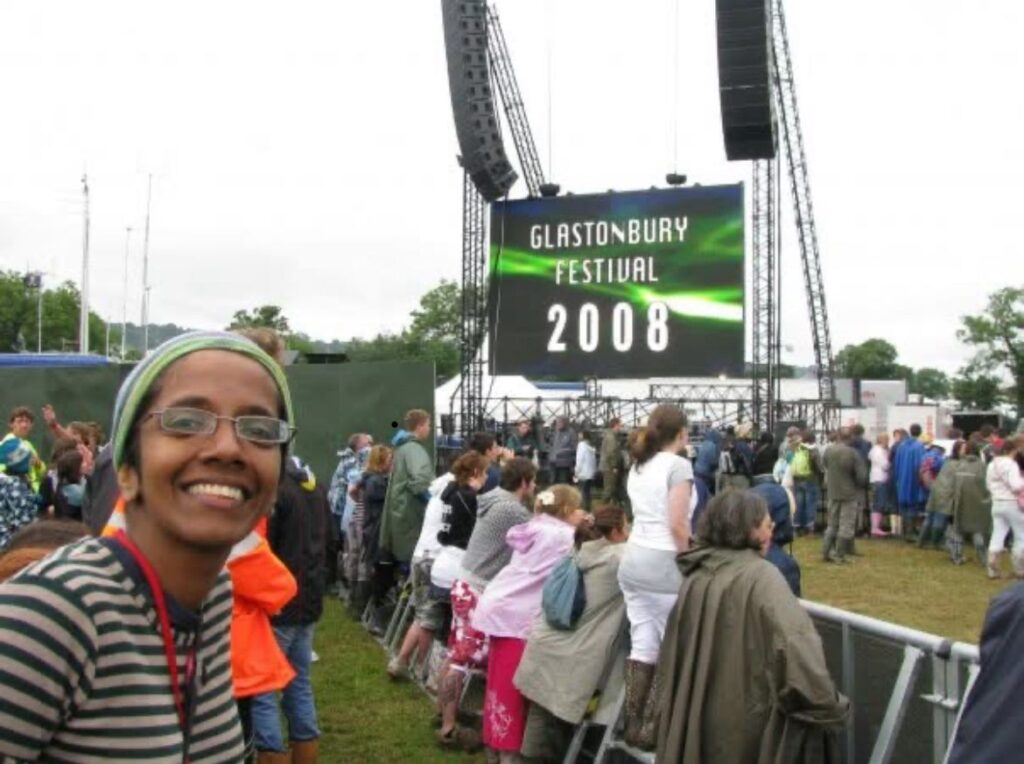
Hema’s career in finance began in the wake of the Asian Financial Crisis. In 1998, she returned to Malaysia after completing her undergraduate studies at Queen’s University Belfast. She had intended to remain in the UK, having secured a job in Northern Ireland.
But three weeks before her final exams, her father passed away.
Family came first. She returned to Kuala Lumpur and was soon offered a rare opportunity: a sponsorship from PwC Malaysia to pursue her ICAEW chartered accountancy qualification. It came with a five-year bond—and a RM100,000 penalty if broken early.
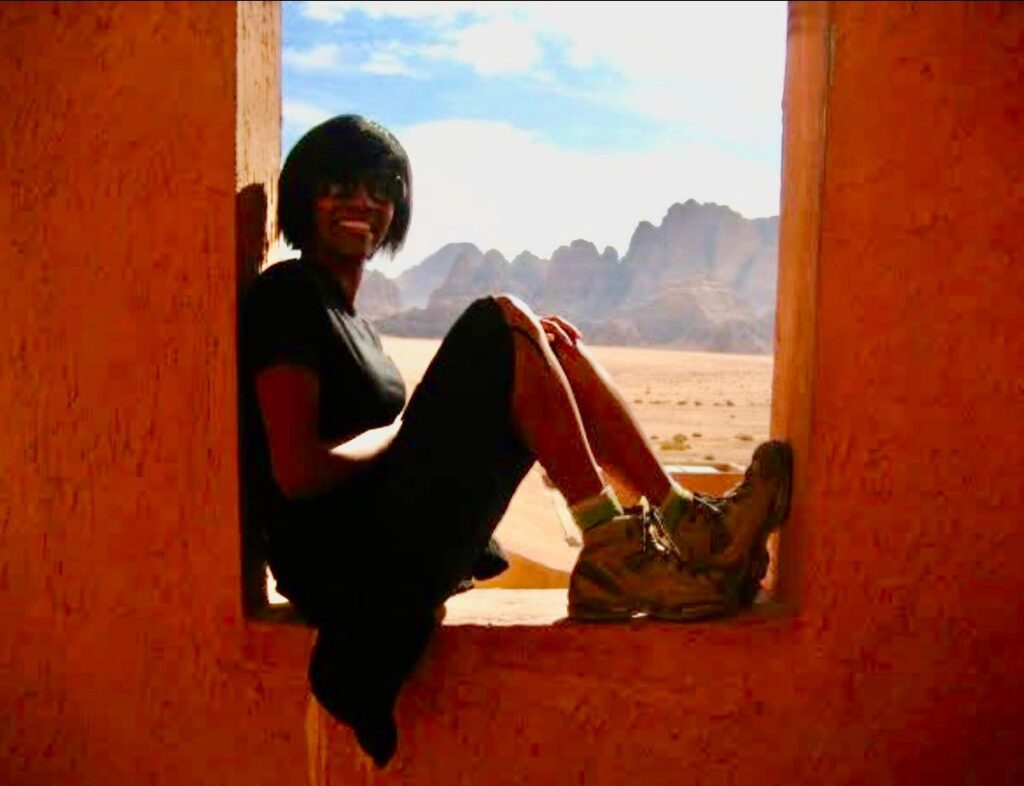
“I would have left sooner,” she confessed.
But she stayed until her bond expired in 2003. As soon as she was free, she handed in her resignation and left for London—on Valentine’s Day 2004. The date wasn’t a coincidence. Hema is someone who chooses symbolism when she can. Unlike most professionals who transferred between PwC offices, Hema took the riskier route: she arrived in London with no connections or guaranteed role. “I wanted to start afresh,” she recalled. “Life is about experimentation.”
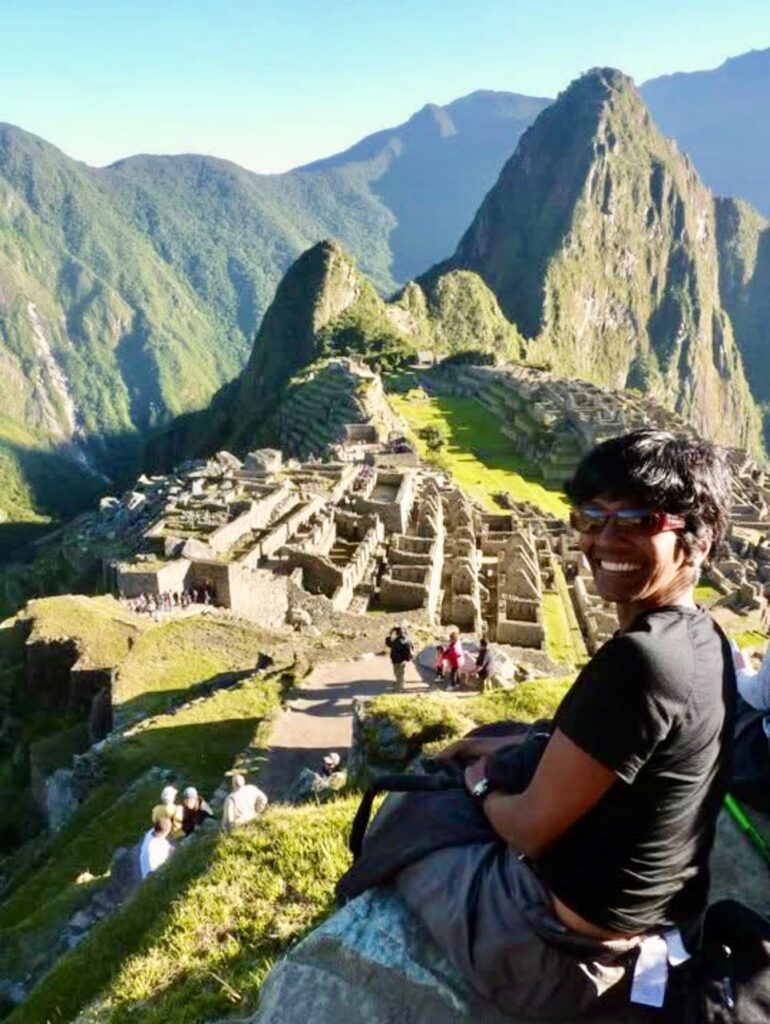
Her bet paid off. London in 2004 was hungry for global talent—and Hema’s profile stood out. She had studied in Belfast before the Good Friday Agreement, during the volatile years of Northern Ireland’s troubles.
Her CV told a story not just of credentials, but of resilience. Employers responded.
She landed roles in London’s fast-paced banking sector, even though she had previously worked only in consumer industrial products & services at PwC. Within two years, she had earned her permanent residency and joined Barclays Capital. But even then, her hunger for transformation remained.
By 2008, she made her pivot—leaving the finance track and stepping into digital transformation. “I wanted to be part of the future, not just manage the past,” she said. The move set the tone for everything that followed.
Reorienting in Australia
After six and a half years in London—and multiple trips around the world, from Jordan to Lesotho—Hema set her sights on Australia, where her sisters are based and the sun shone a little brighter. She got her Australian PR while still in London, and in 2010, she took six months off to travel Latin America before settling in Sydney (Gadigal) in 2011.
Australia, however, proved to be far more complex than expected.
Unlike London’s global outlook, the Australian corporate market was markedly insular. Despite holding associate director roles in London, Hema struggled to find equivalent positions in digital transformation. Even contract roles at the ‘right’ level were tough to land, and she found herself bouncing between jobs in the Big Four banks, Qantas, TripAdvisor, a top-tier retailer, and a digital consulting firm.
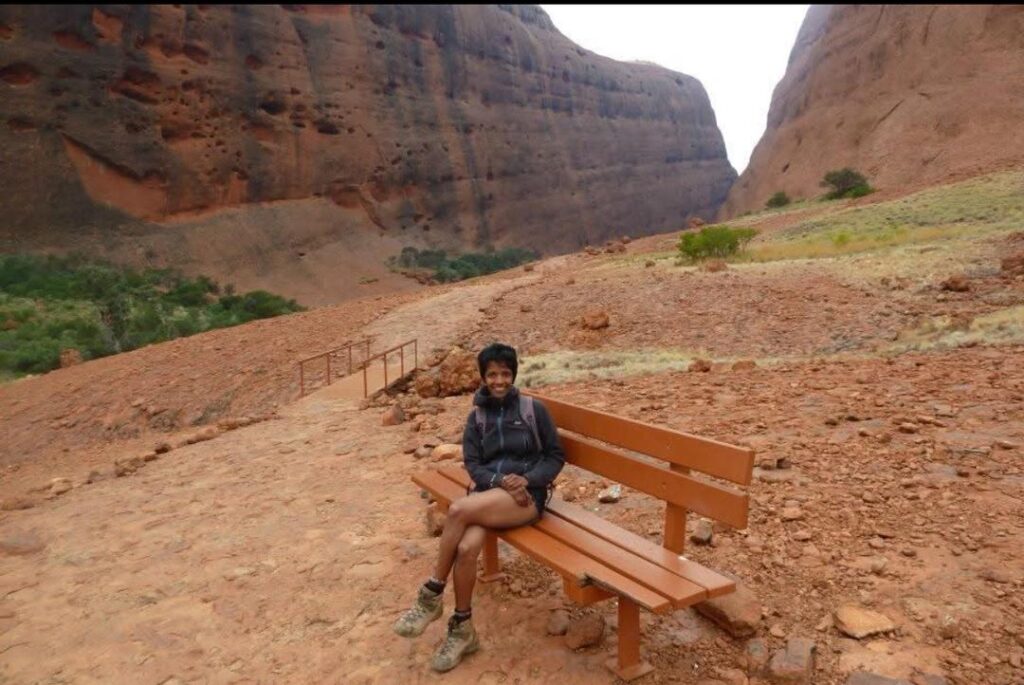
“They weren’t ready for my personality and skill set,” she reflected. Her style—direct, entrepreneurial, status-quo-challenging—often clashed with traditional corporate norms.
After years of moving between contracts, she hit a wall. “By the time I joined my seventh bank, I knew something had to change.” That reckoning happened in Melbourne (Naarm), where she had moved to in 2018. Two months into a permanent role, she walked away.
“I started asking myself the hard questions,” she said. “Why am I restless? Why am I constantly moving?”
The Leap into Entrepreneurship
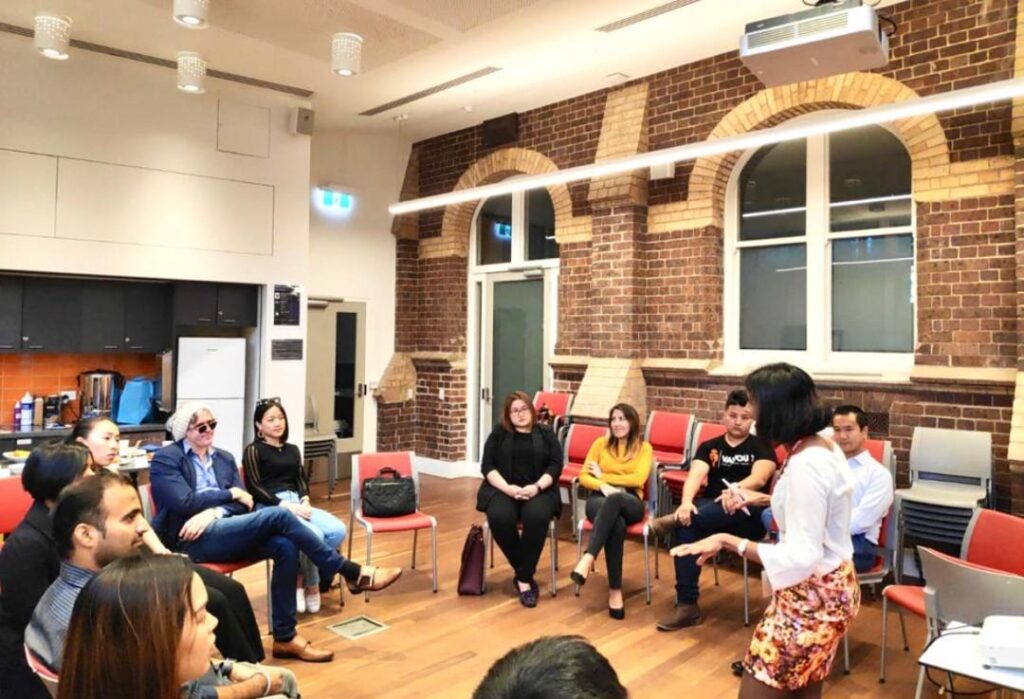
The answers came through deep introspection, personality assessments, and a growing awareness of her true north: she was an activator, a connector, a challenger of norms. Corporate bureaucracy stifled her. It was time to chart her own path.
Later that year, she launched her first business—InSpur, a career coaching-mentoring platform for professionals from the Global South (see sidebar). Her clients were migrants, former refugees, and first-generation Australians who struggled to find their place in the landscape of corporate life.
“People needed a safe space to reframe their identities,” she explained.
InSpur ran for two and a half years, until COVID made solo business operations unsustainable. In the meantime, she facilitated financial literacy programs for marginalised women through Money Girl, a social enterprise, and consulted briefly with the government.
But something deeper was calling. Her cumulative experience—across borders, industries, and cultures—had revealed a pattern: in every organisation where transformation failed, it was rarely because of strategy.
It was culture. Or more precisely, the lack of intentional culture.
The Leaders Circle
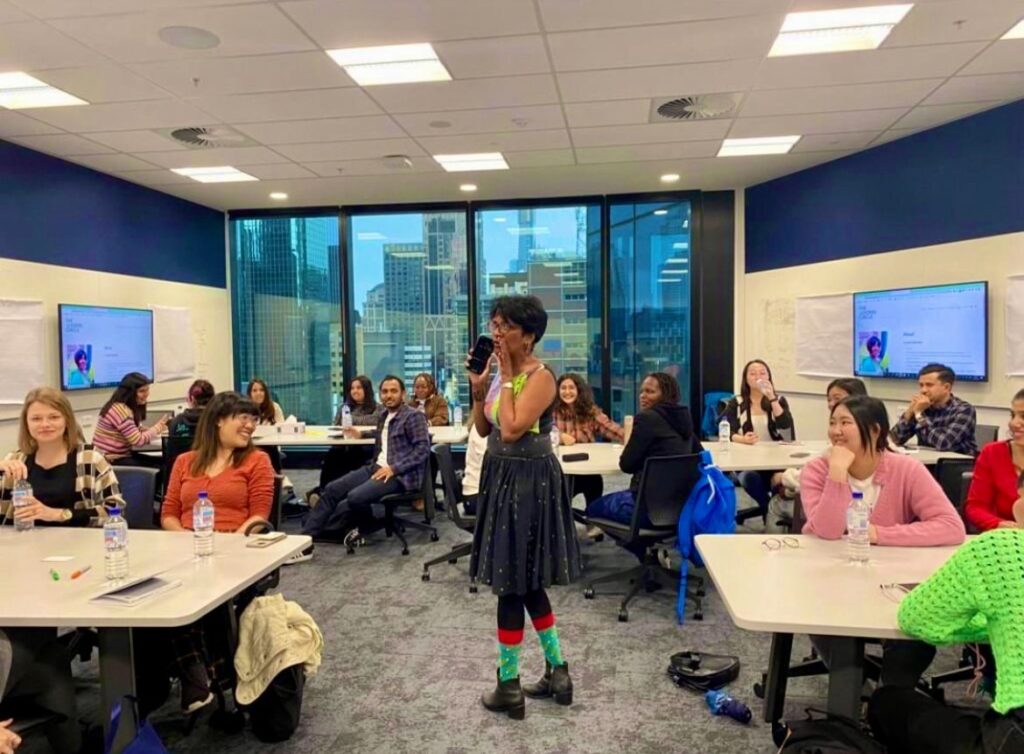
In November 2022, Hema founded The Leaders Circle. This time, she wasn’t just creating a business—she was building a movement.
Her mission was threefold: ignite, transform, and sustain cultures for the 21st century. Her focus? SMEs and value-aligned corporates across countries. She offers training, facilitation, and consulting—but no cookie-cutter programmes. Everything is tailored, driven by real conversations with stakeholders, and grounded in lived realities.
Culture, for Hema, is foundational. “Even if you don’t actively shape it, culture is happening anyway. Better to do it with intention.”
Her work goes beyond Western frameworks of leadership and seeks to revive culturally grounded, inclusive, and ethical practices. “We’ve over-indexed on Western templates,” she said. “In Malaysia and the Global South, we’re losing traditions of quiet leadership, ethical action, and community-oriented thinking. I want to bring that back.”
Return to Malaysia
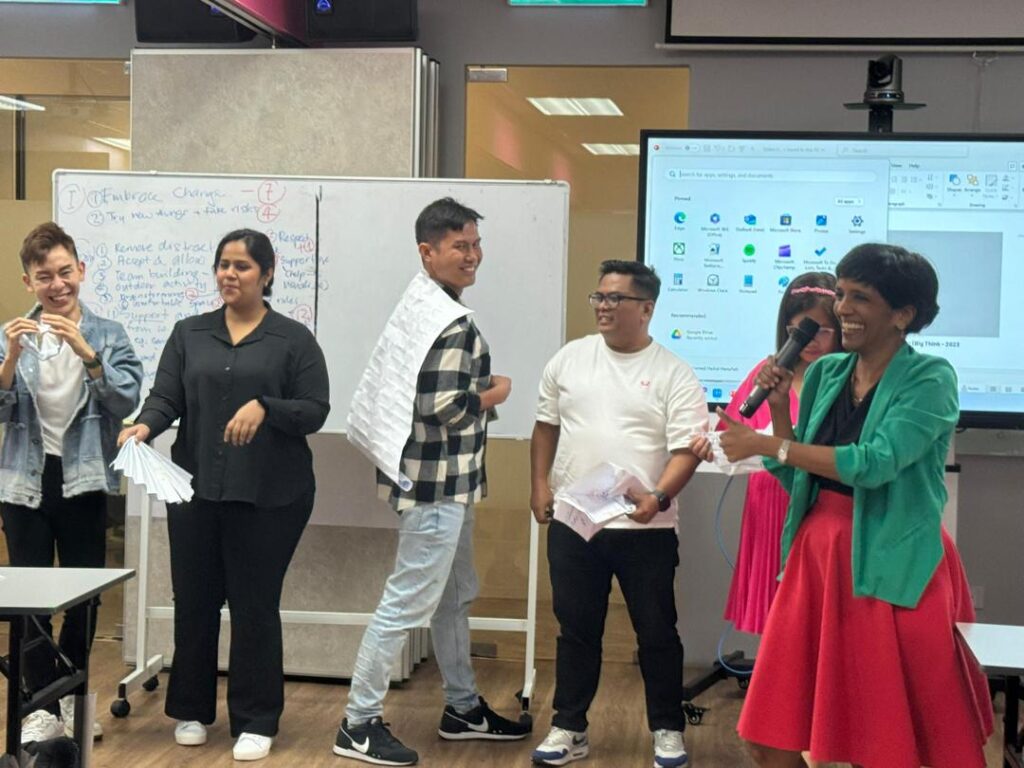
In January 2024, after nearly 20 years abroad, Hema returned to Malaysia. The decision had been brewing since 2020, delayed only by the pandemic. She saw no reason to remain in Australia when she could contribute directly to her own country and region.
Her return was also personal. Her mother lived in Kuala Lumpur. And she was done with the constraints of life in Australia. “I’m a social justice activist at heart,” she said.
Back home, Hema found clarity. She brought with her a global perspective, honed across continents, but rooted her new chapter in local purpose. Her work now is not about scaling for scale’s sake. It’s about meaningful, systemic change.
A Different Kind of Reason
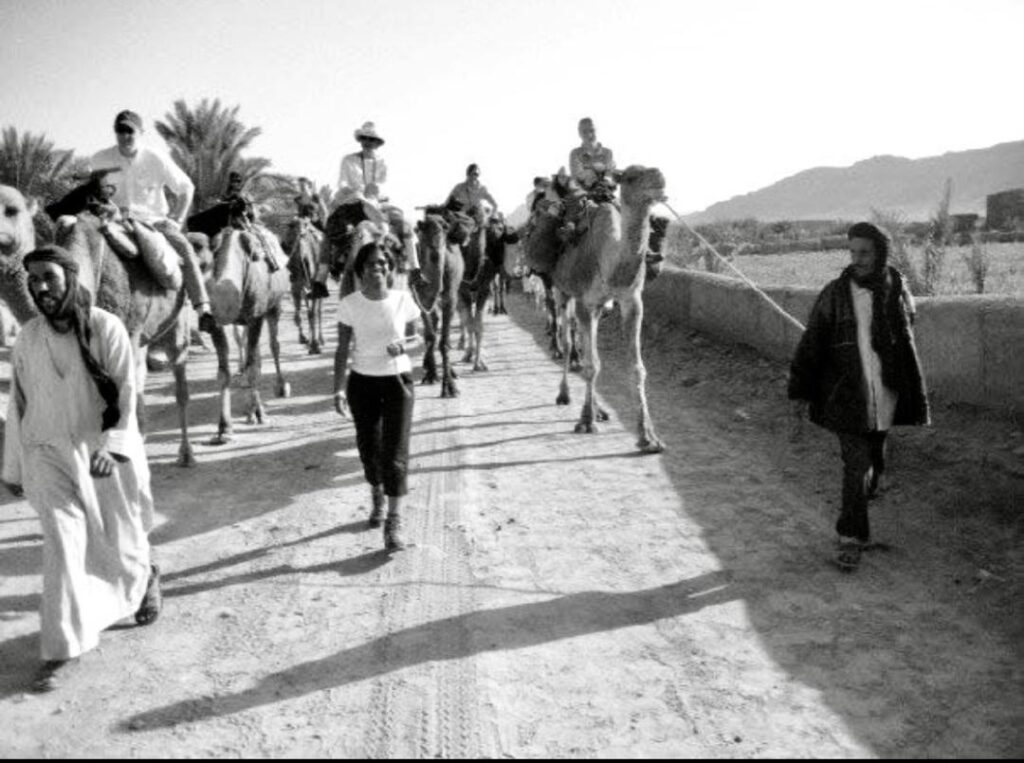
Hema shared a quote she resonates with from Thomas Sankara –We must dare to invent the future
Through it all, Hema has rejected conventional markers of success. No property. No luxury car. No designer handbags. What she cares about is liberation, justice, connection, and well-being.
She’s seen different worlds—from banking boardrooms to workers rights marches—and now surrounds herself with those who prioritise collective care over individual gain.
“Not everyone wants the same things,” she said. “There are people out there who would give up everything to cook for their neighbour or fight for justice in Congo. That’s the world I want to build.”
In The Leaders Circle, Hema has found a way to channel that vision. She works with leaders ready to ask the hard questions: Who’s in the room? Who’s missing? What ideas are being overlooked? What old ways are worth letting go, what are worth keeping?
As she puts it, “Transformation begins with truth-telling. And I’m here to hold up the mirror.”
The term "Global South" is commonly used to describe a group of countries—primarily in Africa, Latin America, Asia, and Oceania—that are generally considered developing or less economically advanced. It is often contrasted with the "Global North," which includes more industrialised nations in regions like Europe, North America, Australia, and parts of Asia. Although not a strictly defined term, the "Global South" typically refers to countries that share common challenges, such as poverty, development struggles, and the effects of globalisation.



